If there was ever a place to visit in Pakistan, it is Hunza, an awe-inspiring mountainous valley way up north. Recently it has been a craze for all sorts of travelers and tourists from all walks of life. People go there for a sense of serenity, experience the culture, eat their local food, go for treks or simply to marvel at the variety of stunning landscapes.

I was intrigued by its growing popularity, so I made it a goal to visit Hunza during my recent trip to Pakistan. I wanted to see the beauty of it and experience some adventures.
Related read: road to Hunza
Experiencing the charm of Hunza Valley
When you first see Hunza, you can’t help but be astonished. Your heart skips a beat and you have to close your eyes and open them again just to make sure it isn’t a dream. It’s a place Hollywood or travel guides would portray as a spiritual, soul-searching escape.
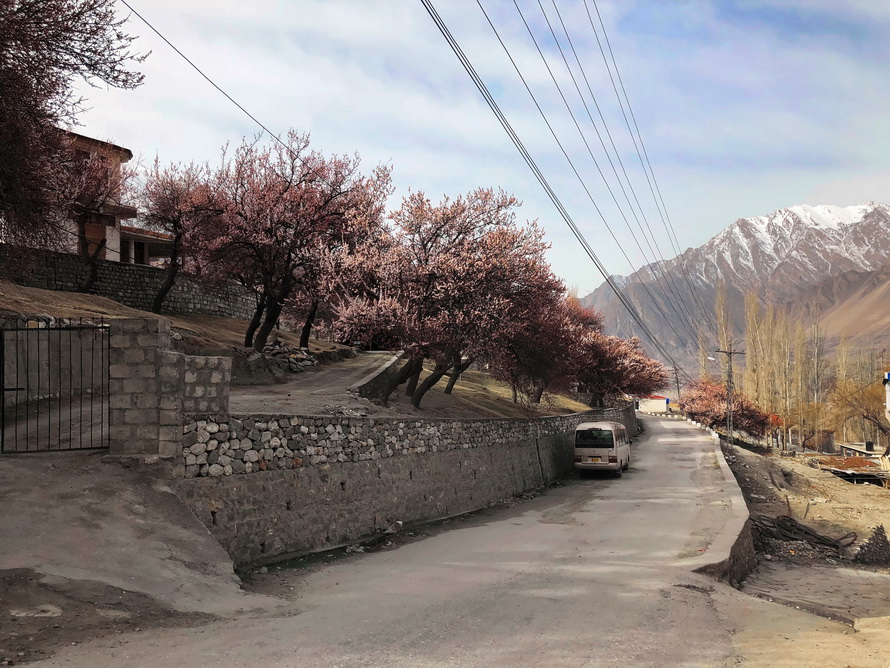
And it is! You feel like you’re secluded and tucked away from the weight of the world. In fact you are on top of the it.
Stunning landscape surrounds you in every direction. Roads and mountains dotted with Pale pink apricot blossoms bloom all around with snow-capped mountains painted in the background. A view you can stare at all day with a cup of hot tea or coffee in hand.
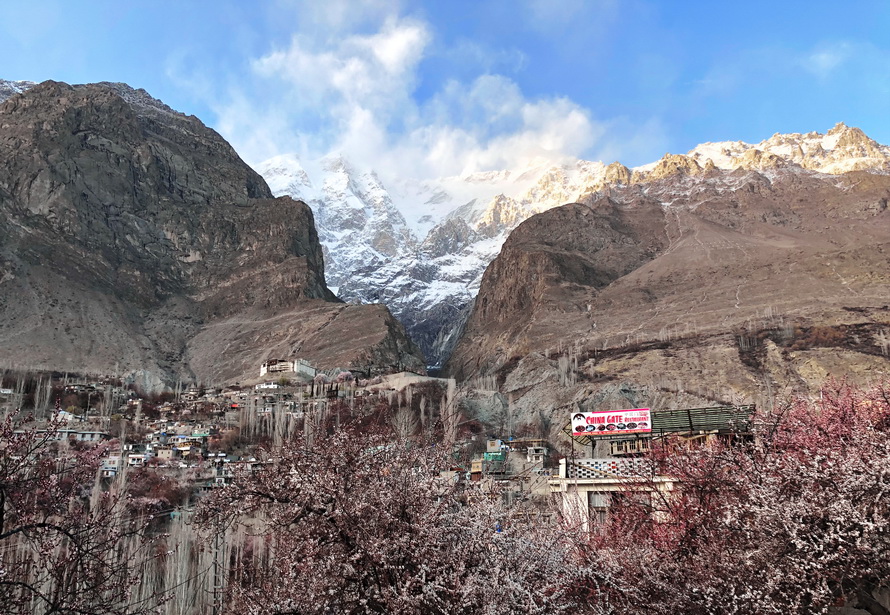
The air up here is crisp and fresh. Anxieties, depressions and fears are far forgotten.
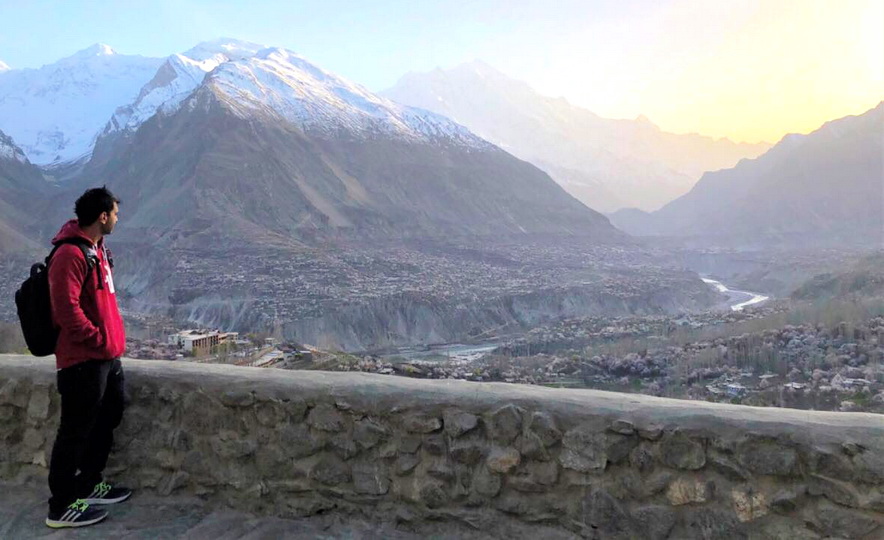
The charm is enhanced further by the locals who are kind and humble. As you walk by they will nod, smile, wave or even exchange pleasantries.
Unforgettable Adventures
One of the days, we went to visit some of the highlights of Hunza.
First up was Attabad Lake. This natural beauty has a tragic history as it was formed due to an avalanche that leveled an entire village.
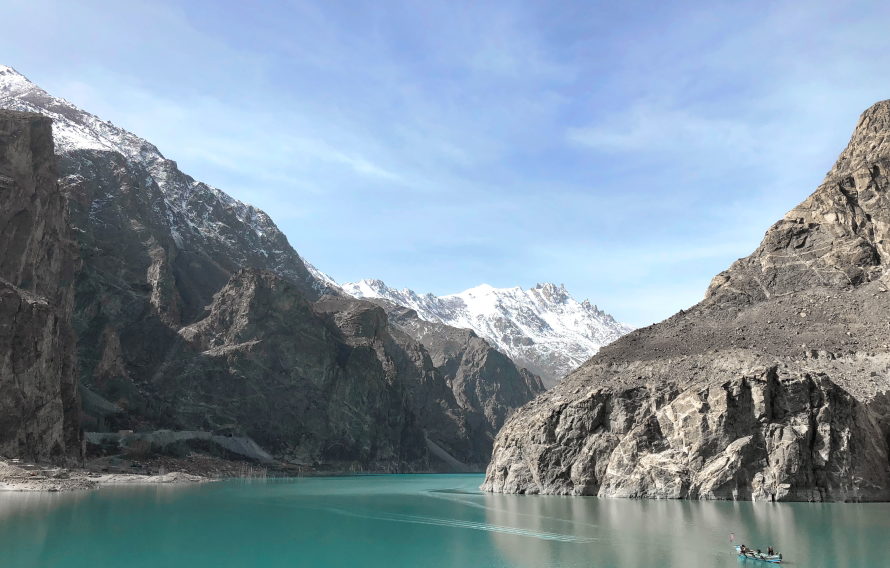
Just look at gorgeous turquoise color! This was one of many reasons to visit Hunza.
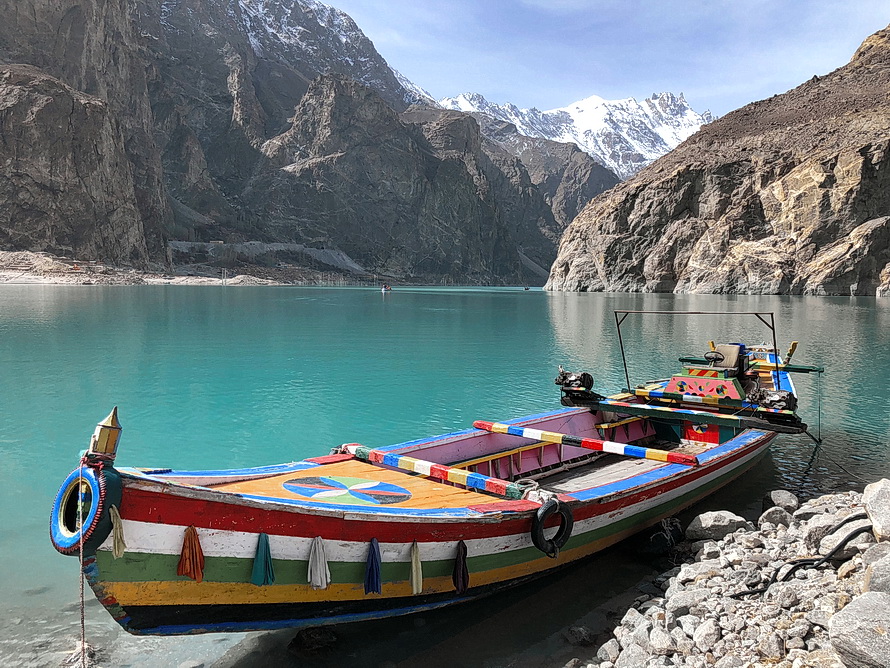
We decided to take a short tour around the lake on a boat. The cool wind masked with the heat of the sun hitting our body combined with this stunning view was sensational.
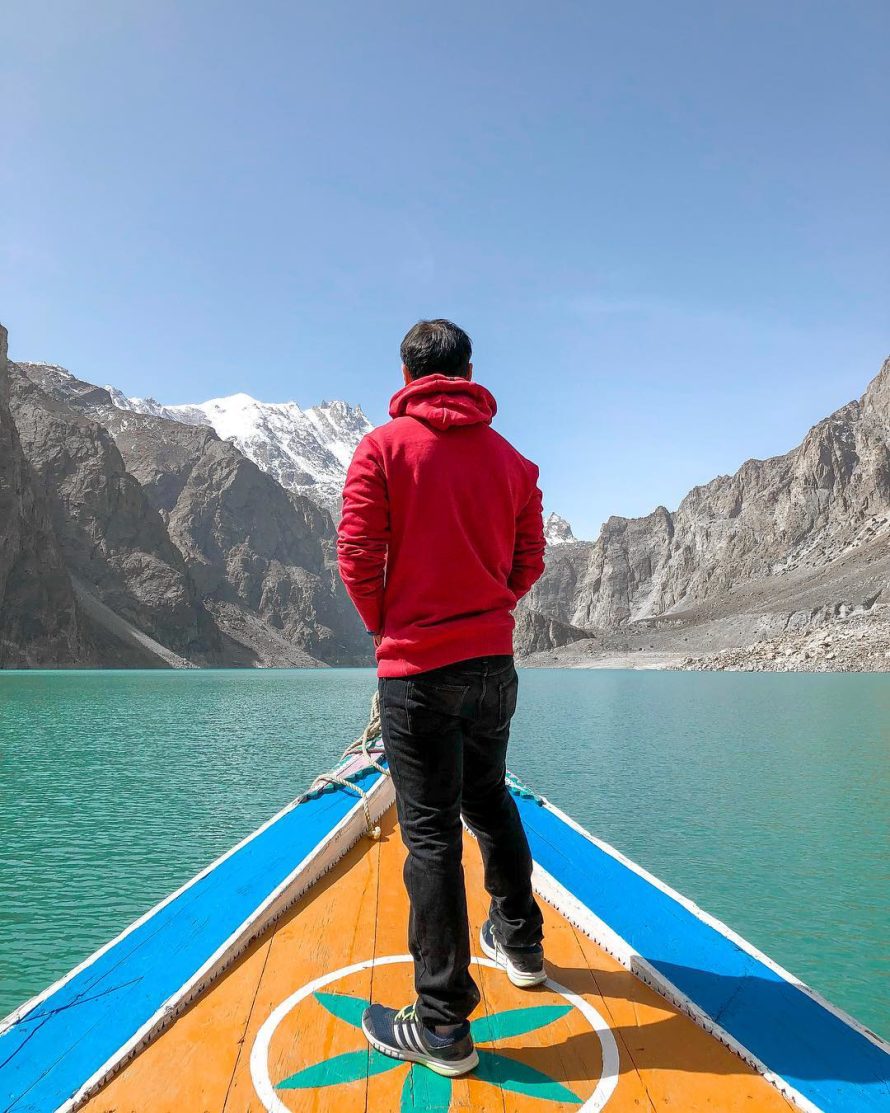
Next we drove up to Hussaini Bridge, which was another attraction on my bucketlist for this trip. This rickety bridge that crosses over Borit Lake is a must-try for daredevils and trekkers.
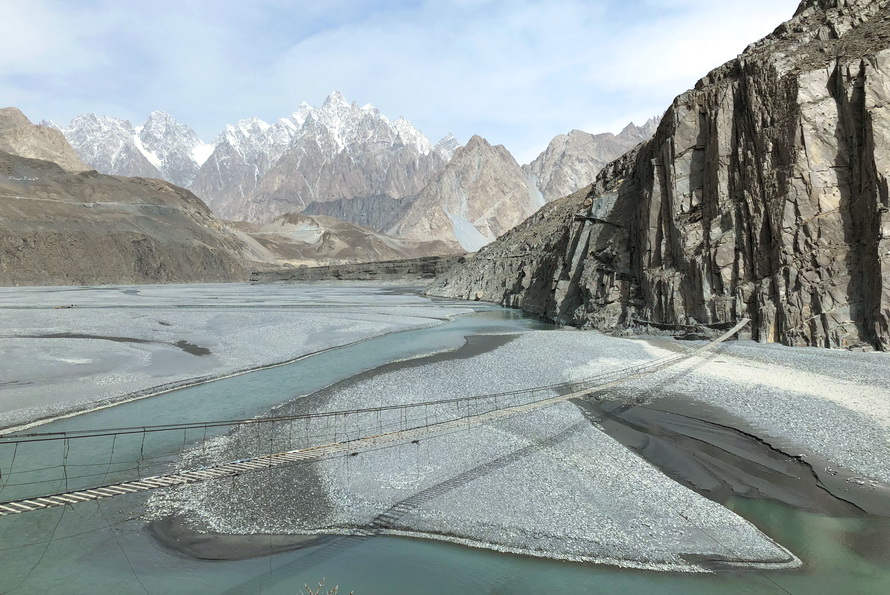

The scariest part was looking down because it would make me feel dizzy and felt like the bridge was shaking even more than normal. However, if I didn’t look where I was going, I thought I would loose my footing and fall.
It was such a thrill to walk the plank. Get it? Unfortunately, I did not go all the way as we were short for time.
There are many other attractions and POIs in and beyond Hunza such as forts, historic sites, villages, monuments and even more epic landscapes. With a car or tour, you are sure to not miss any of them, especially if you are staying for a few days. I’ll leave you with some more photos.
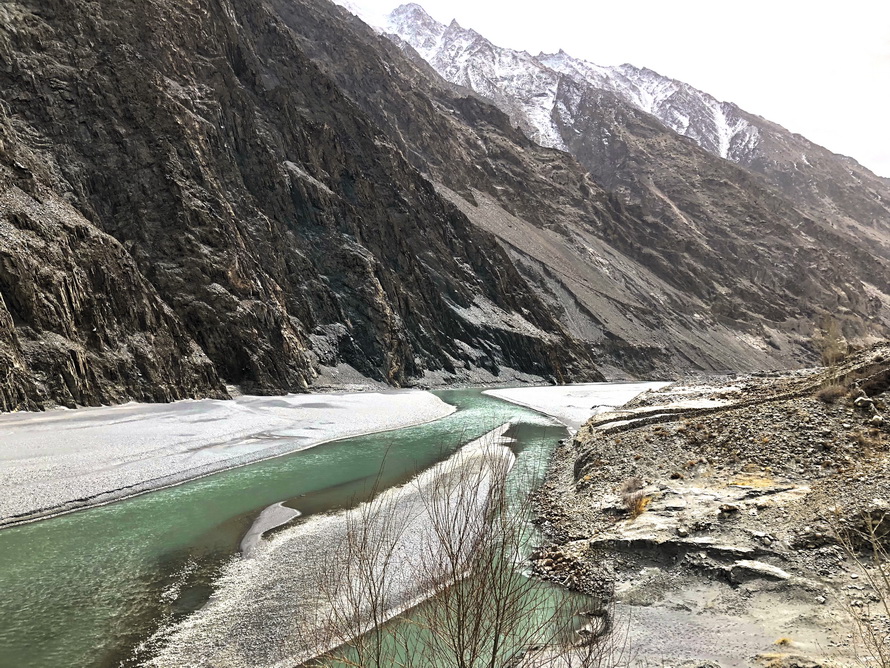
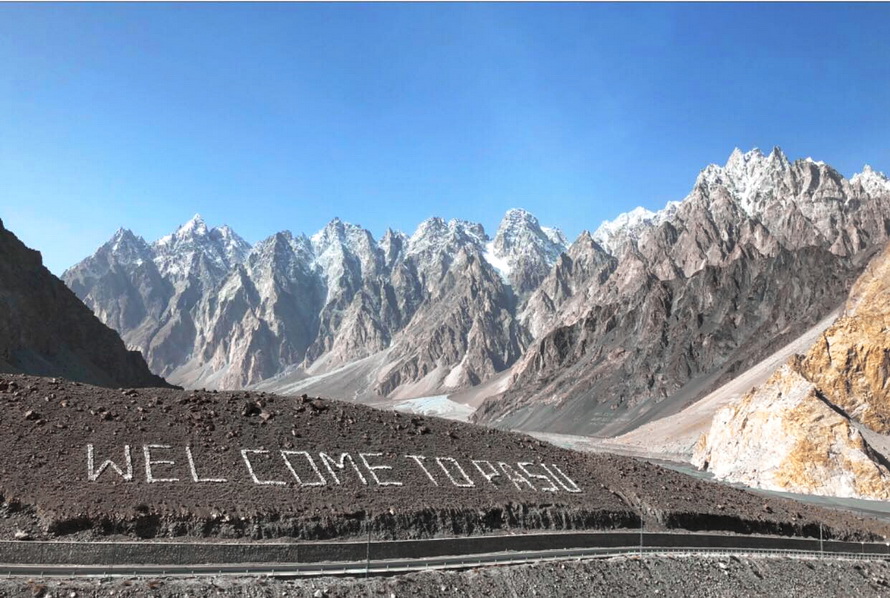
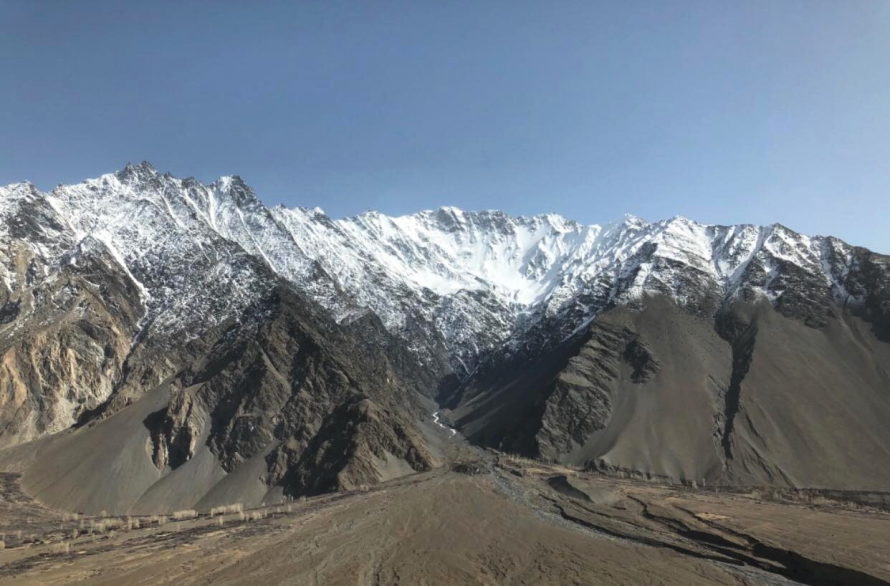
Everything you need to know about getting to and around Hunza
Even though I did not spend a lot of time in Hunza and I can not even begin to call myself an expert on the destination, here is what I can tell you.
Geography
Located about 100 km north of Gilgit, Hunza lies between the Hindu Kush mountains, the Himalayas and the Karakorum range.
It is divided into 3 regions – lower, central and upper Hunza (Gojal). Each have their own communities, villages and towns. We stayed in Karimabad, which is the capital and located in the central region.
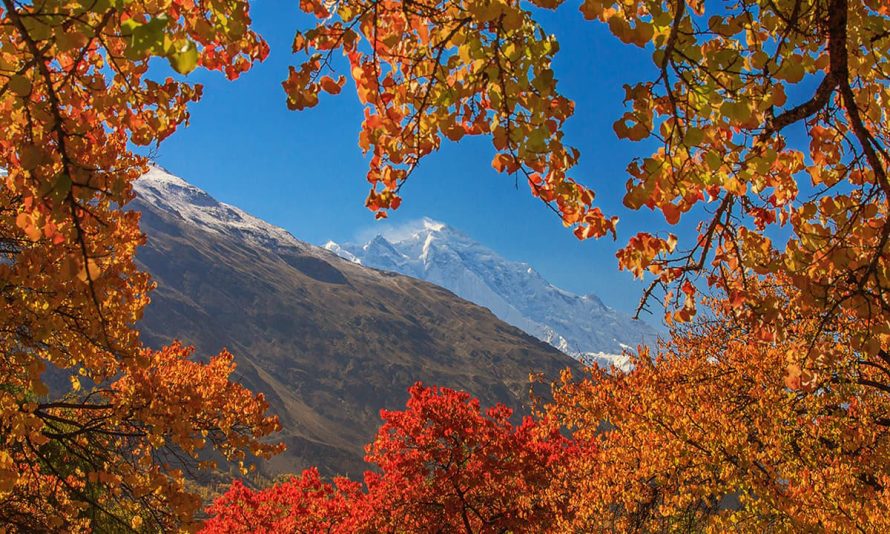
Photo cr: dawn.com
There are two ways you can reach Hunza
- Take a flight to Gilgit and then a 1-2 hour bus/car ride.
- Take a bus/car/tour from Islamabad – this takes 13+ hours and usually people break the trip up in 2-3 days. It is a good idea to stay a night or two at a hotel on the way.
When is the best time to go?
The high season for a trip to Hunza is Spring, which is from April – May. This is when the Apricot Blossoms bloom. I went just as this was starting to happen (end of March), which is the shoulder season. The colors weren’t out yet but I enjoyed seeing snow-capped mountains and the cool weather. Tour prices are also cheaper during this time.
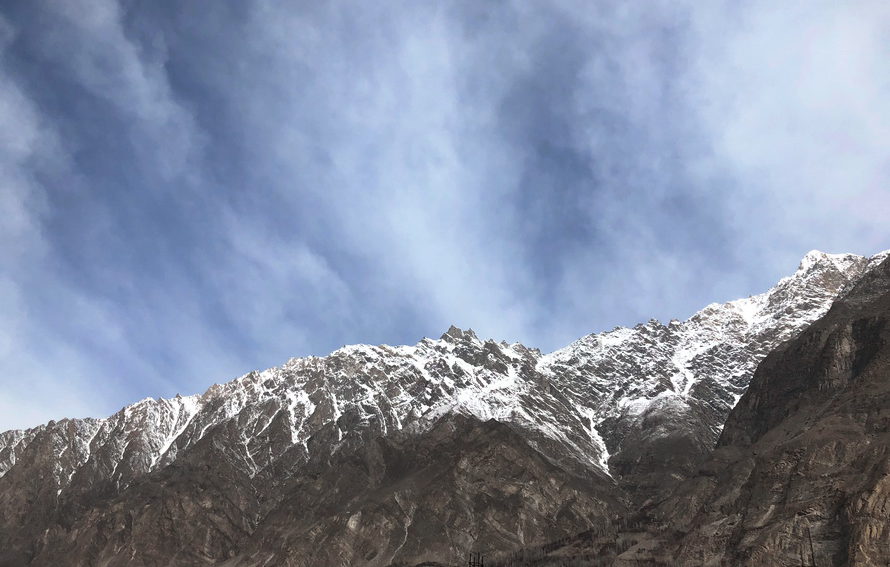
June – august is the best time for trekking and camping as these are warmest months up here. In October to November, you will see Autumn colors. It is not advisable to go after November till February as it is too cold and roads are often blocked by snow/landslides.
Here is a photo during the Spring/Summer time. What a contrast to when I was there.
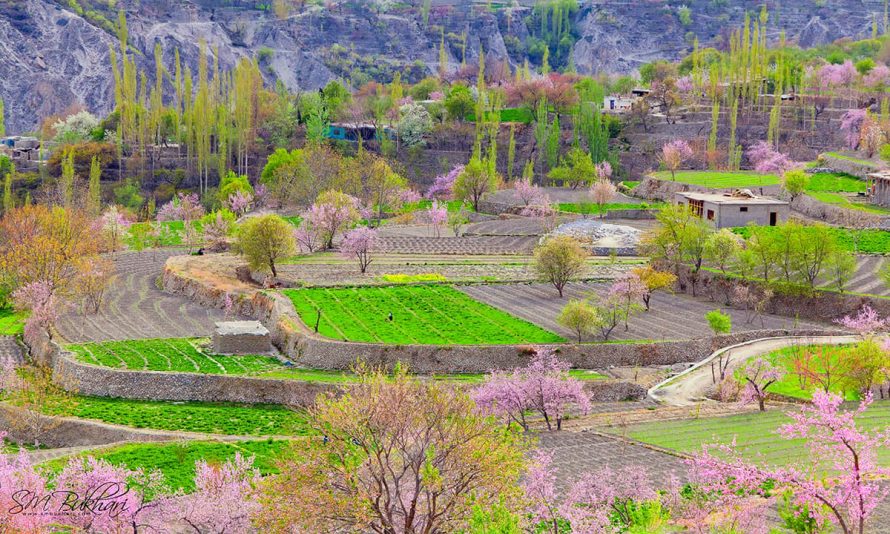
photo cr: dawn.com
Book a tour or go yourself?
There are buses that take you to Gilgit and then Hunza but getting around after that is difficult unless you rent a car and drive yourself.
Tours for Hunza are extremely reasonable. I did mine for 18,500 Pakistani Rs or USD 160 and it was a 6-day tour with Falcon Adventure Club. I highly recommend booking a tour if you are not used to driving in Pakistan. The roads up here also quite treacherous at certain parts. There are lots of tour operators in and outside of Pakistan offering treks, excursions and general trips to Hunza.
Related read: road to Hunza
We hope that you can also one day visit this phenomenal place. As for me, I plan on exploring more of Pakistan in the coming years. I have quite a few destinations in the bucket list such as Swat, Deosai National Park, see a bunch of beautiful lakes and even revisit Naran/Kaghan as I did as a child.




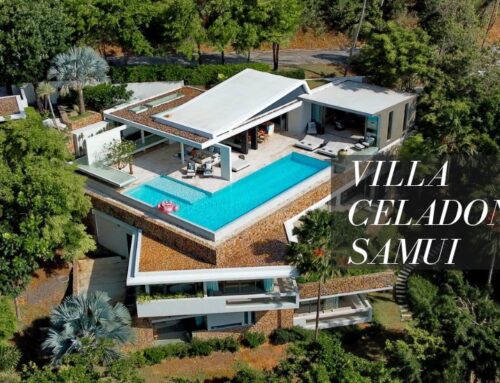
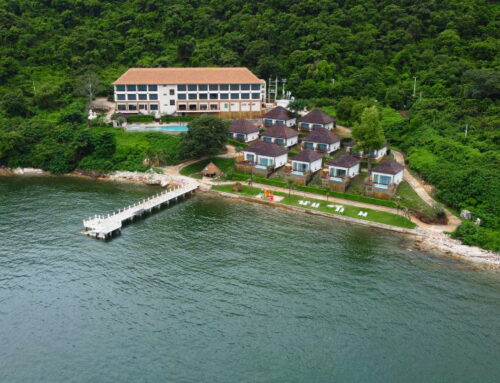
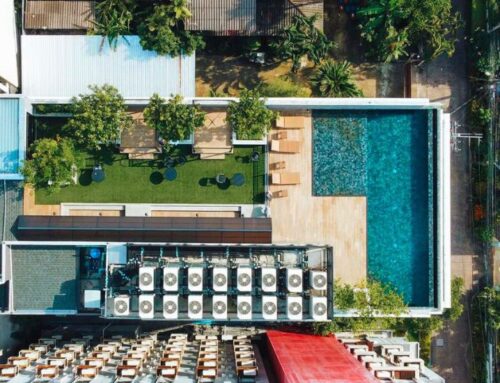
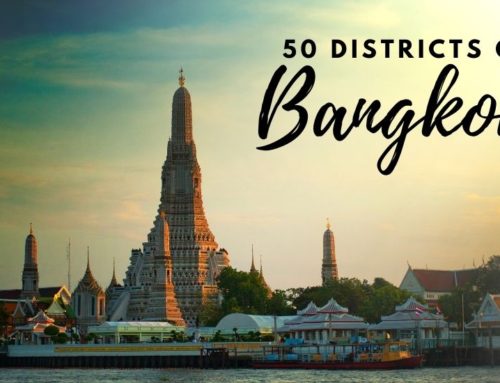

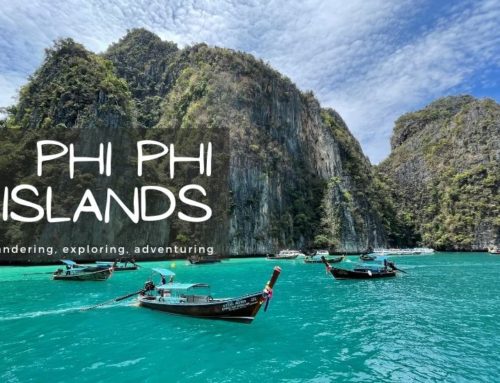
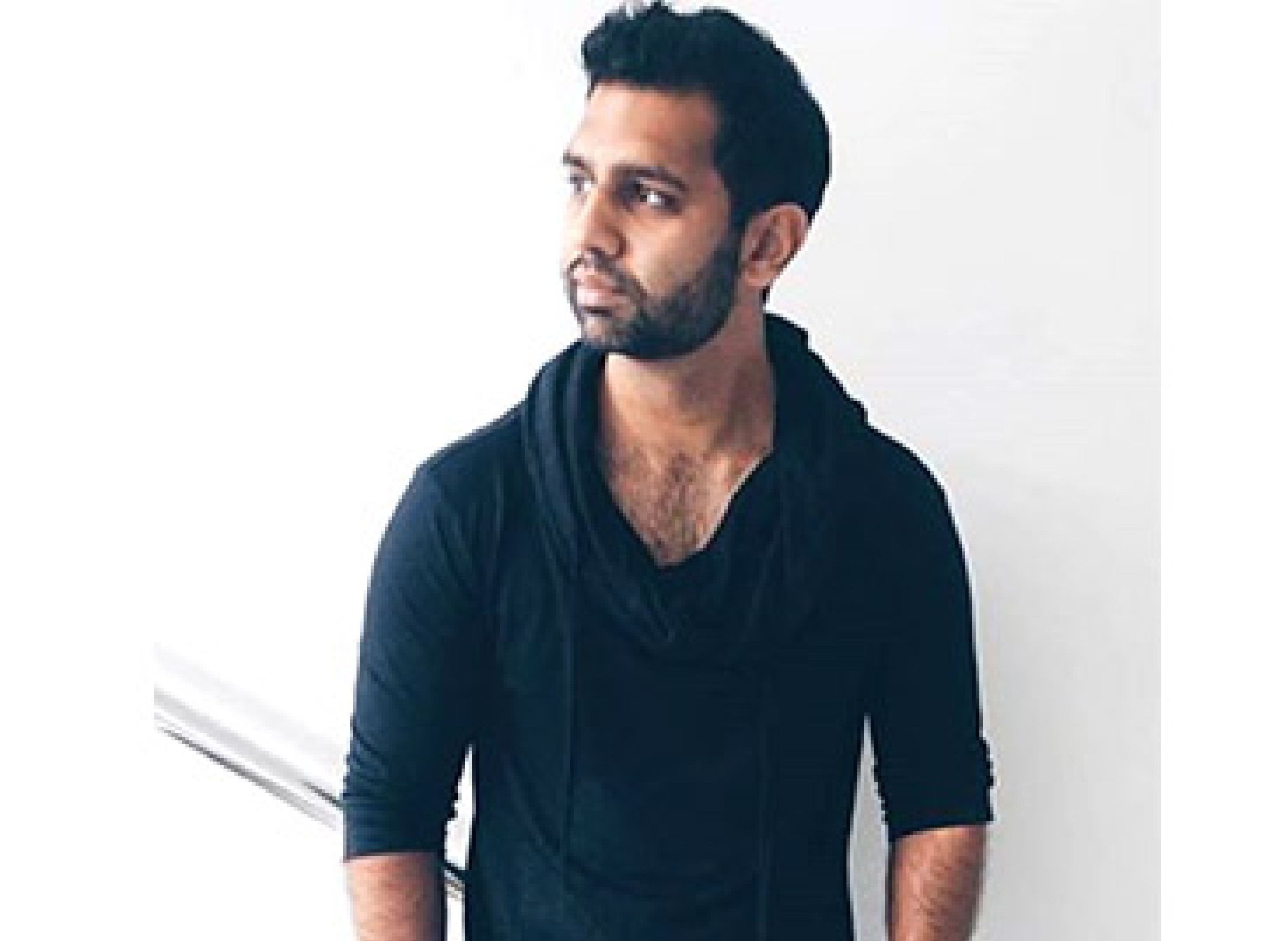
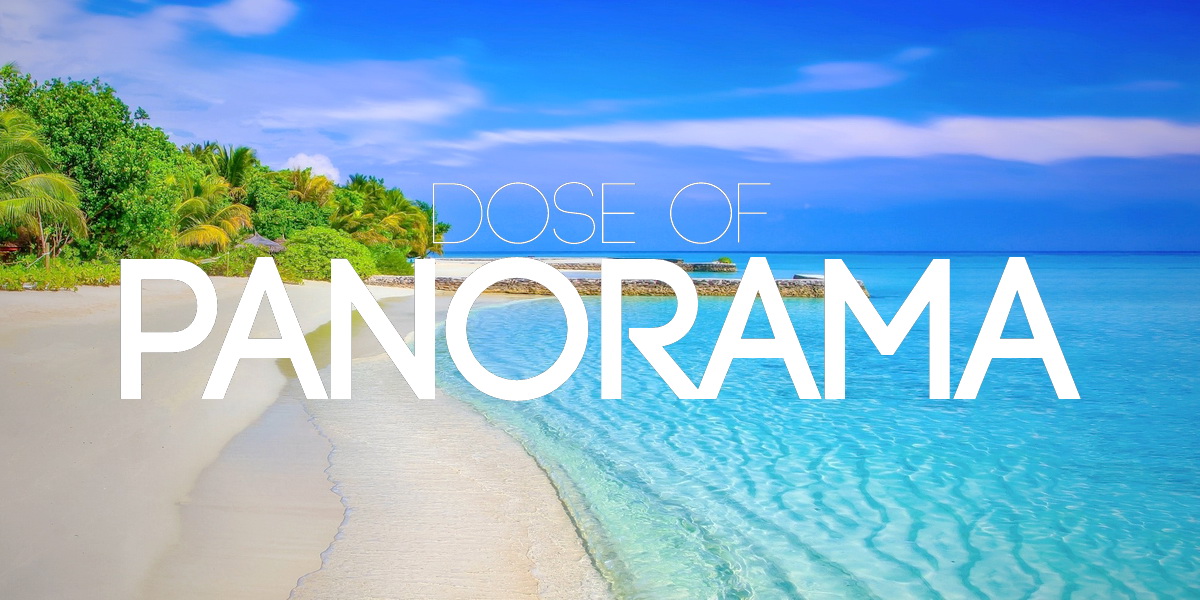
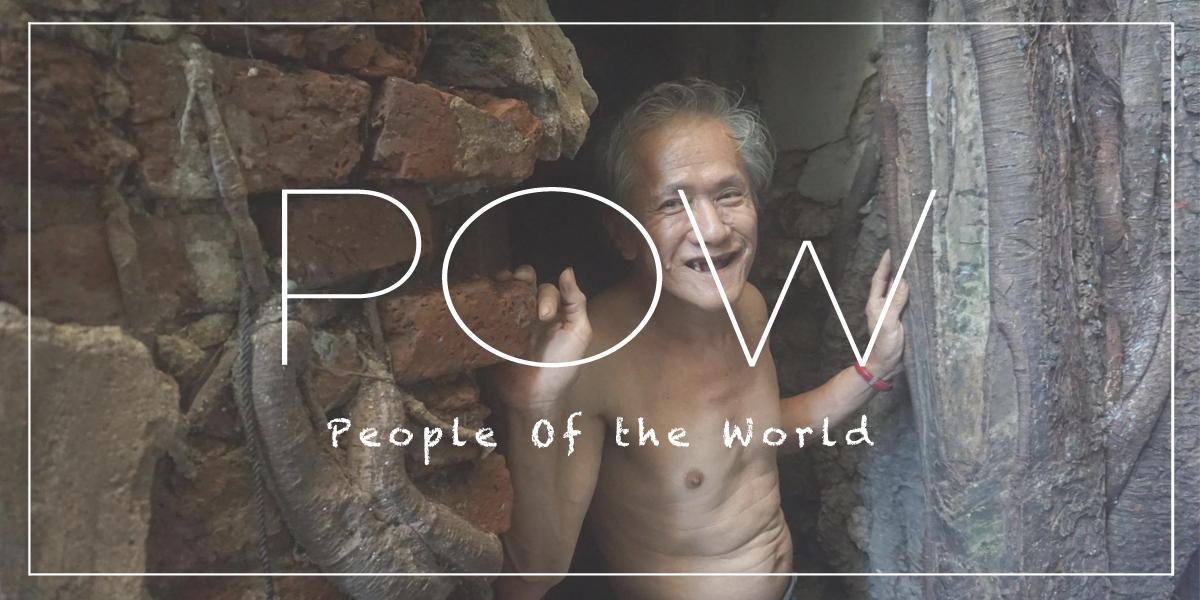
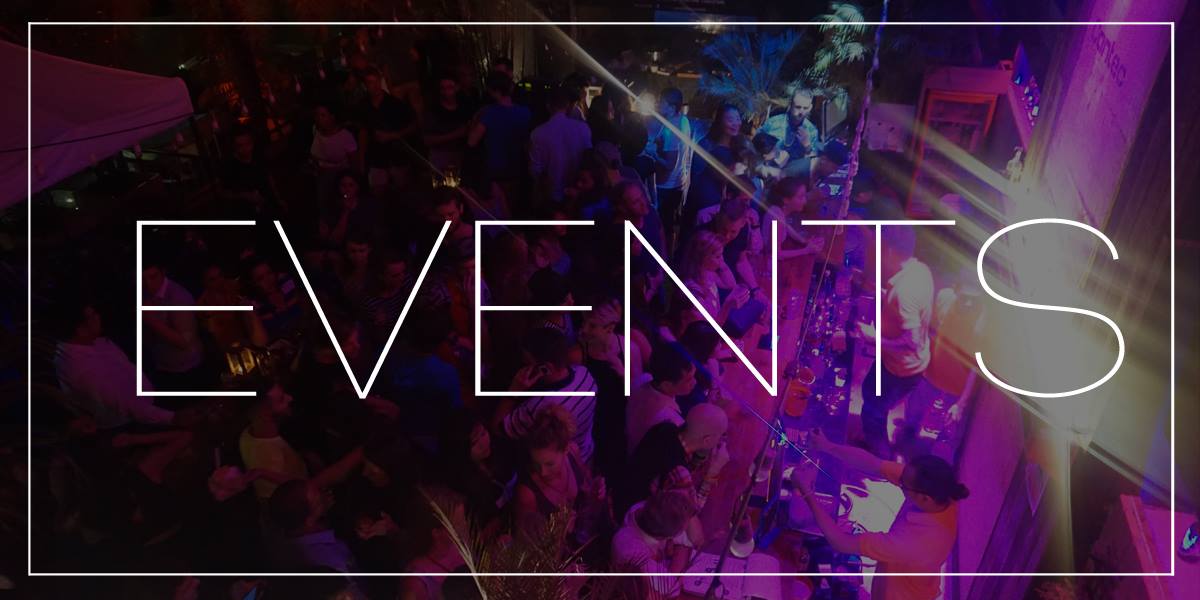




Looks like Pakistan is in the sweet spot for being developed enough to make for a great trip, but still not fully discovered by the forces of mass tourism … I need to go as soon as I can, great post!
Hunza valley is considered to be the epitome of travel locations in Pakistan. It is one of the first places to mind that come when foreigners and locals are looking to go for a vacation in the subcontinent. The encaptivating scenery of the valley is what has led tourists to coin the Hunza valley as paradise on earth.
My time at the valley was one of the most refreshing of all my trips, mainly because of the lively people and beautiful landscape that gives out countless feel-good vibes.
Read on ahead as I unravel my journey to the Hunza valley and present a complete guide on what to do, where to stay, and how to prepare for the lifetime trip to Hunza valley.
Hunza truly is a paradise on earth! Your post beautifully captures its enchanting landscapes and rich culture. It’s a must-visit destination for nature lovers and adventure seekers alike.